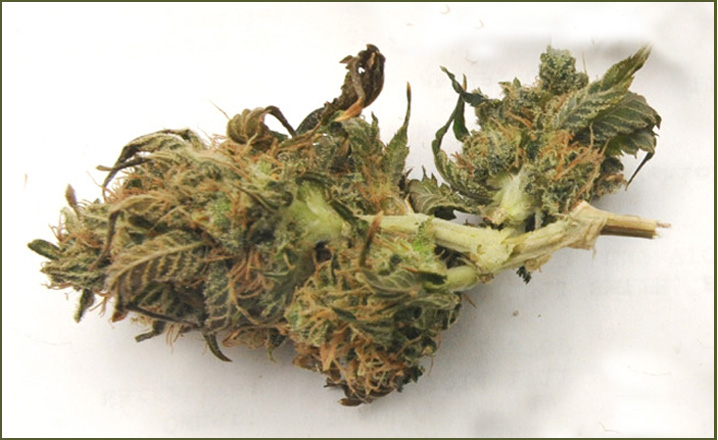This article is being made available to all. If you like this and are interested in others like it, please support The Westfield News by getting a subscription.
BOB SALSBERG, Associated Press
BOSTON (AP) — State law requires every county to have a dispensary for medical marijuana, but federal regulations forbid the drug from being transported across U.S. waters. That leaves the tourist havens of Martha’s Vineyard and Nantucket potless unless someone gets a license to grow it legally on the islands.
Despite their small size, both islands are their own counties. State officials suggest the federal restrictions could add to the challenge of opening medical marijuana outlets on both, or either, of the islands in the near future and may preclude the possibility of the islands sharing a dispensary.
One approach to establishing dispensaries on the islands would be to license an operator to cultivate and sell pot at the same location, perfectly legal under the state law. Geoff Rose, a transplanted New Yorker who has lived on the Vineyard for 14 years, applied to the state health department for a license to do just that.
The federal waters obstacle, he said, is “an impediment to those who thought they could cultivate off-island and transport here, but I don’t see it as an impediment at all.”
His company, Patient Centric of Martha’s Vineyard, originally applied last year under the since-discarded licensing process but fell short of meeting the state’s criteria at the time. He hopes his renewed bid will get a more favorable reception, allowing him to open by next year in the town of West Tisbury.
Rose was unsure of the level of demand for medical marijuana on the Vineyard but noted the island is to home to many seniors and retirees who suffer from cancer or other chronic conditions. More than 14,000 people statewide have been certified by doctors to use medical marijuana, but the state doesn’t have a breakdown of those figures by county.
Advocates for the therapeutic use of cannabis are pushing for federal legislation that would clear up gray areas where state and federal laws intersect.
“No matter how many states do it, we are still going to have some of these weird loopholes that people fall into,” said Christopher Brown, spokesman for the Washington, D.C.-based Americans for Safe Access.
Massachusetts has struggled in general to implement a 2012 voter-approved law that allows patients with certain chronic or painful conditions to register with the state and use marijuana.
The law permits as many as 35 dispensaries, but the first opened only recently, in Salem. Republican Gov. Charlie Baker, who took office in January, ordered a more streamlined licensing process, which has won praise from medical marijuana supporters.
Marylou Sudders, state secretary of Health and Human Services, predicted as many as 15 dispensaries could open statewide by year’s end, but she added: “Perhaps we have to do something differently on the islands.”
Nantucket has a year-round population of about 9,500 and more than 60,000 in the summer months. The Vineyard’s year-round population of 15,000 swells to 115,000 during the summer.
Ferries that shuttle visitors and islanders travel over coastal waters that fall under federal jurisdiction.
“Our policy remains the same; it’s illegal to transport and possess” marijuana, said Ross Ruddell, a spokesman for the U.S. Coast Guard in Boston.
That means someone who is registered under the state’s medical marijuana program could be subject to arrest for taking it from the mainland to a summer home on the islands.
Still, Ruddell said he was unaware of any enforcement by the Coast Guard around medicinal marijuana and pointed to current discussions aimed at reconciling U.S. and state policies.
Likewise, Brown said his organization hasn’t heard of any incidents nationwide involving federal waters, including travel between the islands of Hawaii.
Americans for Safe Access hailed the recent passage by the U.S. House of a measure that would reauthorize a ban on spending by the Department of Justice on enforcement measures against medical marijuana in states where it’s legal. But final passage of the appropriations bill in which the provision is contained is in doubt, and the group continues to push for a more comprehensive law prohibiting any federal interference in state-approved programs, Brown said.


